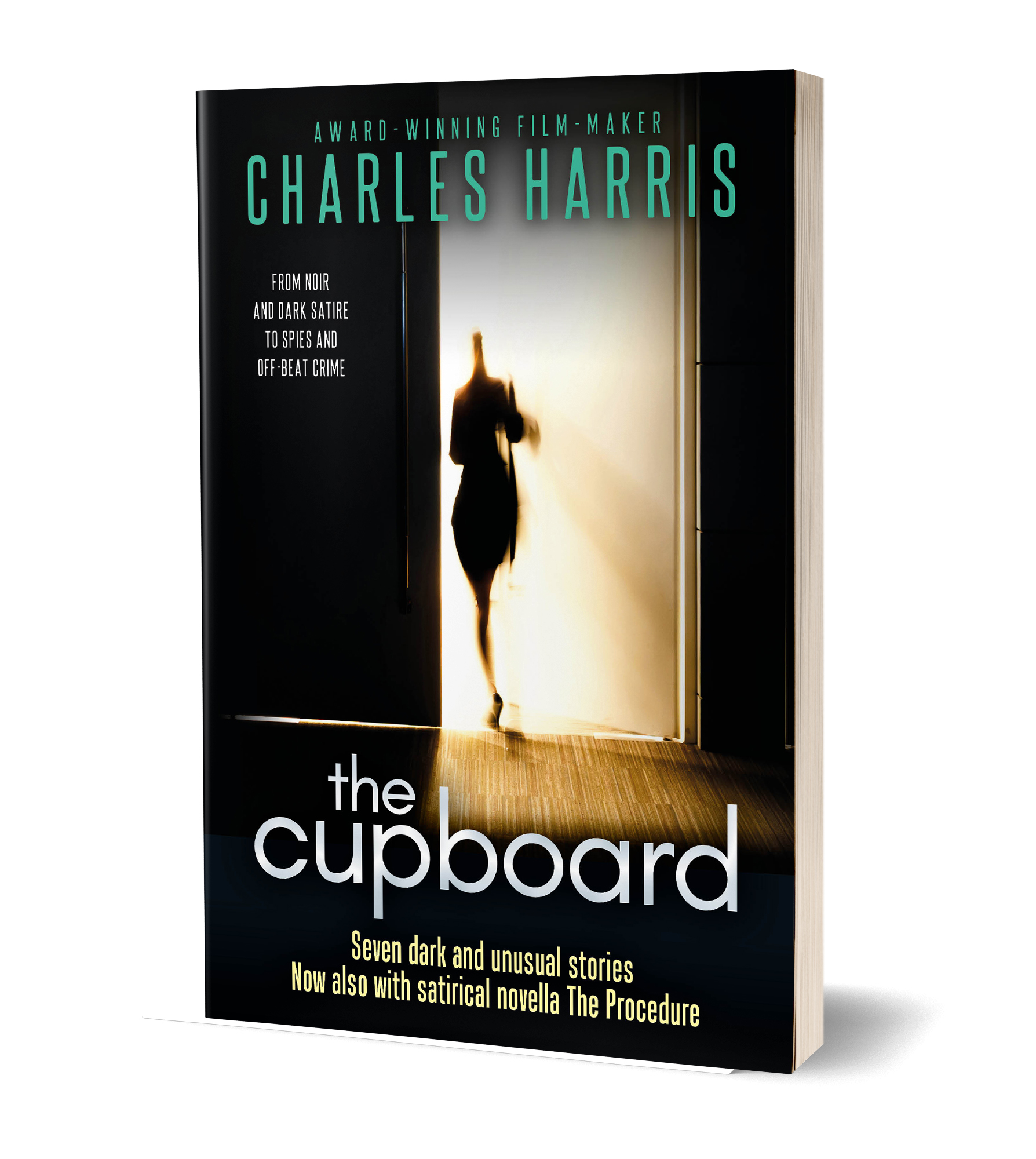Are you IC7 or maybe an angler?
07 Tuesday Dec 2021
ARE YOU IC7 OR AN ANGLER?

So you come across a police cordon on your way from the tube station. There are blue flashing lights and donotcross tape stretches over the road.
Of course you don’t want to look too nosey, so you sidle up and pretend not to listen. Radios are crackling in that very police way and the coppers are exchanging notes.
“IC7” says the first.
The second gives him a nod. “100 yard hero!”
“Leave him for the CHIMPS?”
What have you learned?
Police slang
I love police slang – have loved it ever since I started researching my first novel. You are how you speak – and the police have a particular way. Dry, to the point and often witty to the point of gallows humour.
I couldn’t find any books on police slang, so I began my own explorations into this verbal jungle.
There are essentially two forms of police slang. First, there’s the official jargon. These often take the form of what the police themselves call “TLAs” – or three-letter acronyms.
These include C&D – complaints and discipline; CO19 – Specialist Firearms Command. And RTC – road traffic collision.
(You may note that they aren’t always made up of three letters. Or are even true acronyms, which are strictly made of initials that can be spoken as a word – such as NATO or PIN – but it’s their slang, so I’m not going to argue the point.)
Second, and most fun, are the TLAs and other phrases that the coppers have invented. They often parody the official terms and have a very salty, crisp take on the world.
Carrot crunchers and metrocomicals
IC, for example, stands for Identity Code. This official jargon allows police to talk about an individual’s ethnic background without being too obvious if they’re overheard.
So IC1 means white British. IC2: Mediterranean or Hispanic, etc.
According to the list, IC7 means unknown ethnic origin. But the guys on the street felt there was a gap in the system. So IC7 became either ginger-haired or frequent user of sunbeds. Very useful in certain parts of Essex.
A 100 yard hero is someone who bravely gives the police a verbal bollocking from a safe distance (eg 100 yards) in case they have to beat a hasty retreat.
And CHIMPS? They’re the eager if lowly Police Community Support Officers. It stands for Can’t Help In Most Police Situations.
Different forces share some slang and have their own too. Especially about each other. The Met happily call county police officers Carrot Crunchers, for examples. While the counties call the Londoners, Metrocomicals.
However, they all share their most sarcastic terms for their own lazier colleagues. From BINGO (Bollocks, I’m Not Getting Out – as in the BINGO seat at the back of a police van where the laziest officer will sit) and Clothes Hanger (a waste of a uniform). To BONGO (Books On, Never Goes Out) and Station Cat – both of whom glue their rear ends firmly to their seats.
Abson Books had published dozens of little gift books on slang, but, to my surprise, not one on Police Slang. So, once I’d finished my list, I sent it to them and they were delighted to add it to their stable, where it’s been selling ever since.
I even found my police friends were buying it to find out what they should be saying!
If you’re after a last-minute stocking filler for a crime-loving reader, or writer, or even yourself, give it a try. It’s good fun.
You can buy it from Amazon – direct from Abson Books or from me. Same price £2.50.
Oh, and an Angler is a thief who uses a fishing rod to steal from accessible windows. So watch out for your valuables!


2 Comments
December 9, 2021 at 9:00 pm
It’s an RTA in NHS slang of which there is a lot. In the old days o handwritten notes you would see the letters NF before a town name eg NFT – normal for Tiverton. Generally not intended to be a positive thing!
December 10, 2021 at 5:13 pm
Thank you, Maureen. Yes, the police used to use RTA (Road Traffic Accident) but moved to RTC (Road Traffic Collision) so as not to prejudge the cause of the incident. Actually makes sense. And I love NHS slang – maybe you should pitch one to Abson Books – they don’t seem to have it on their list yet. You could do a great one!